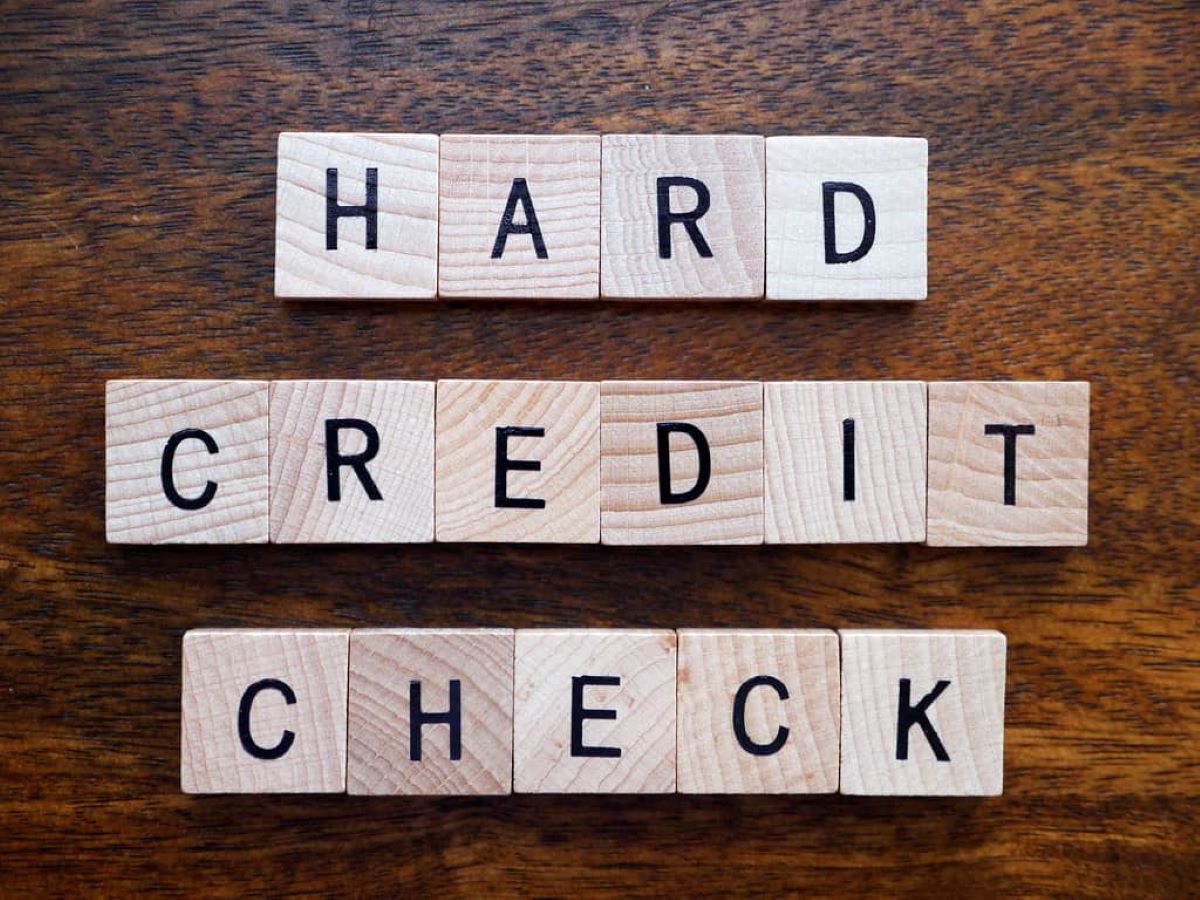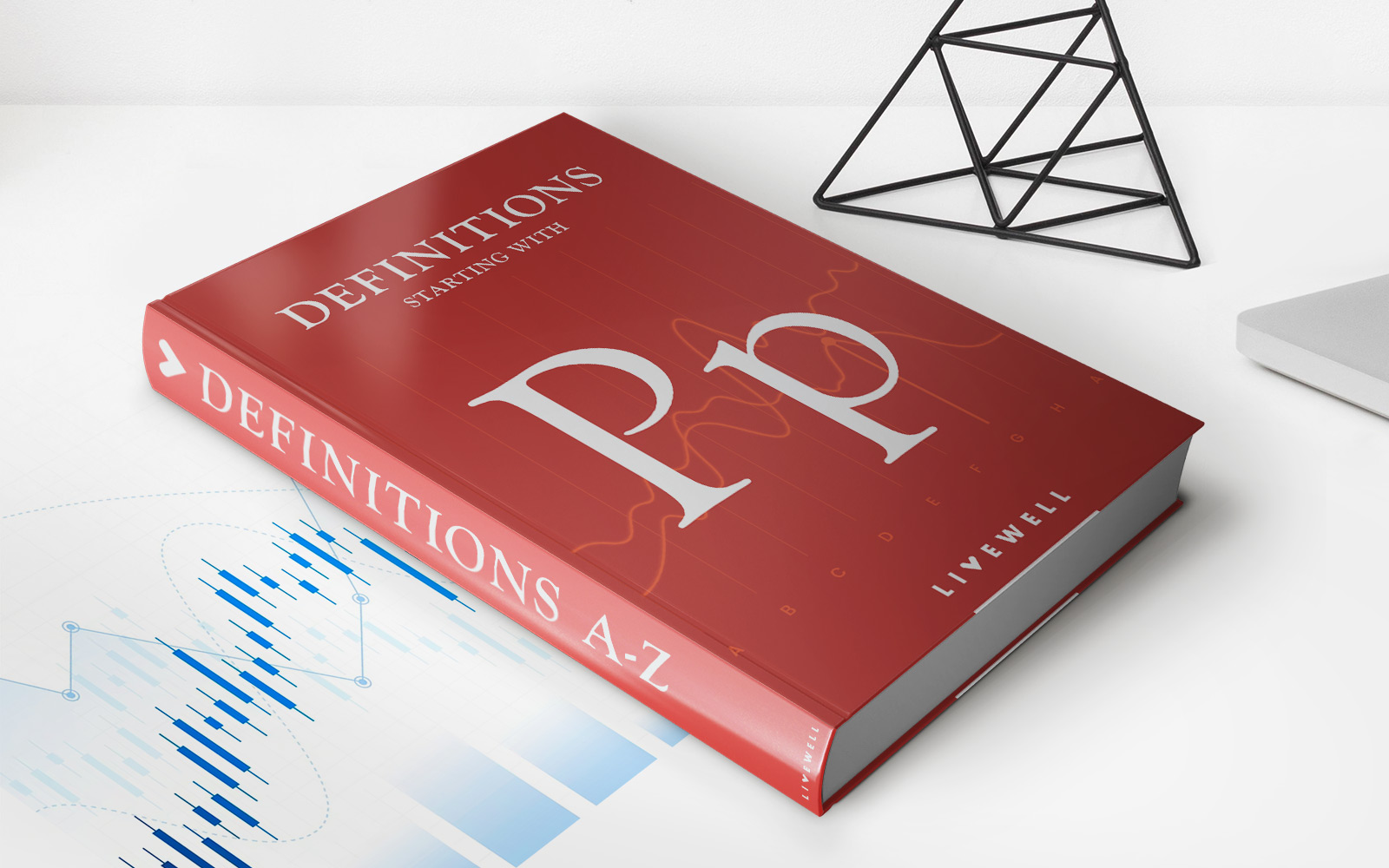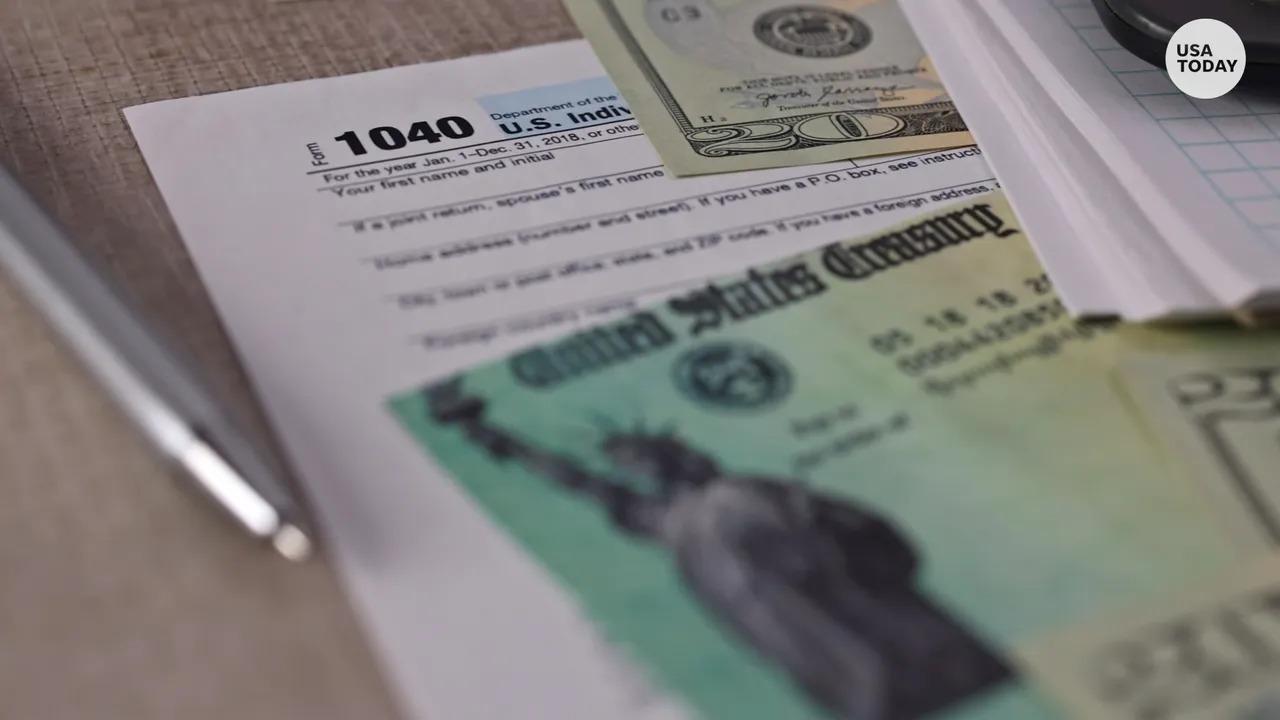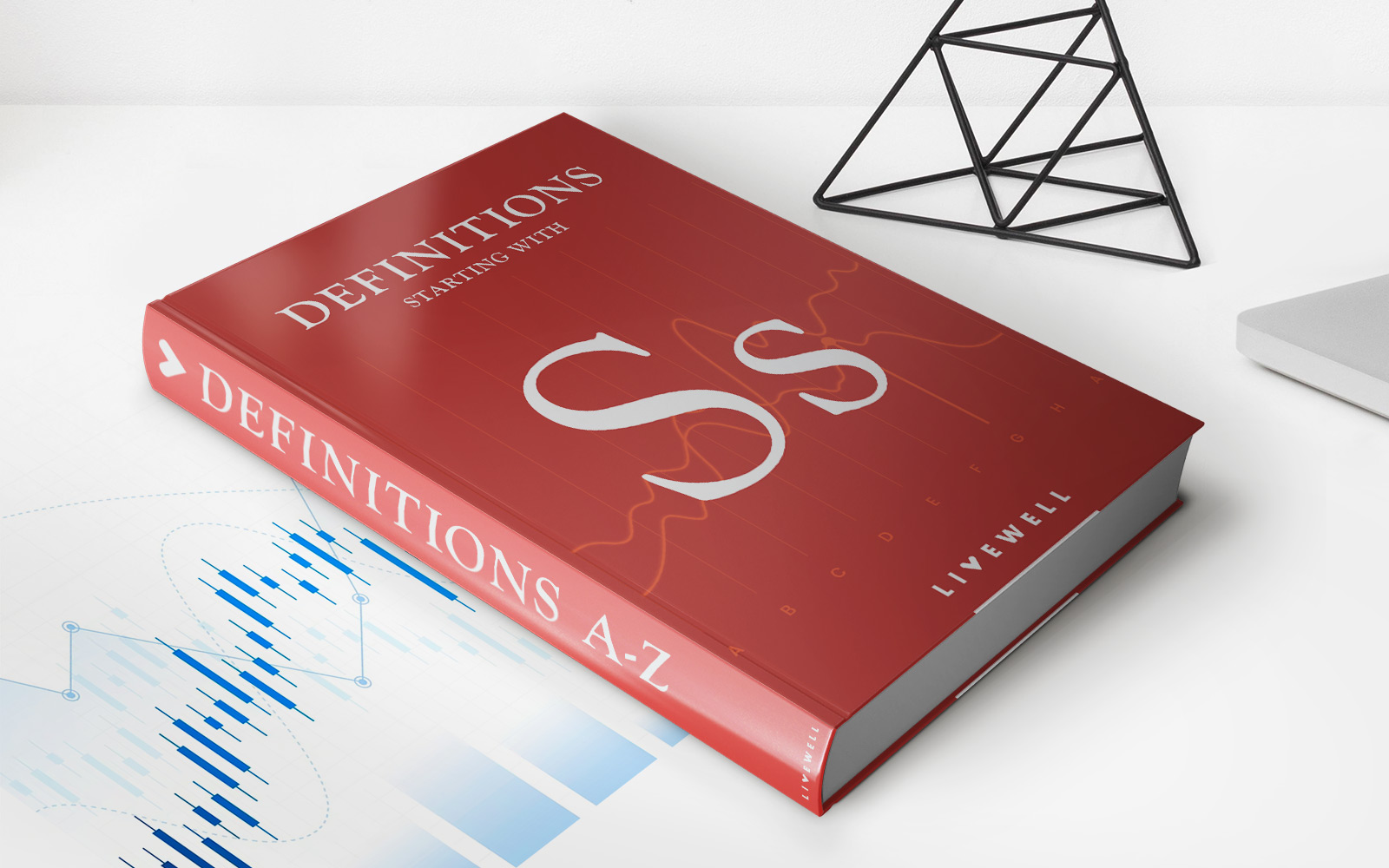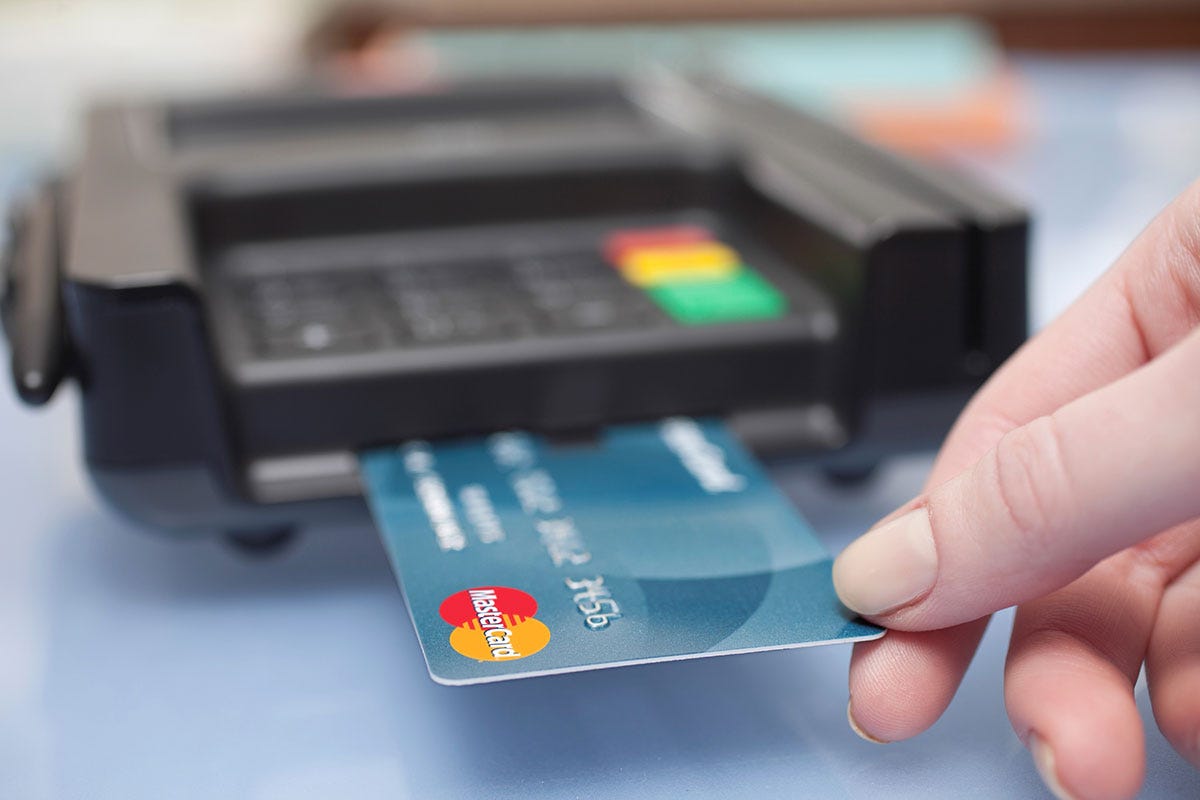Home>Finance>How Does A No Limit Credit Card Affect Your Credit Score


Finance
How Does A No Limit Credit Card Affect Your Credit Score
Modified: March 10, 2024
Discover how having a no limit credit card can impact your credit score. Learn the financial implications and factors to consider before applying for one.
(Many of the links in this article redirect to a specific reviewed product. Your purchase of these products through affiliate links helps to generate commission for LiveWell, at no extra cost. Learn more)
Table of Contents
Introduction
A no limit credit card is a type of credit card that does not have a predefined credit limit. Instead, it offers cardholders the flexibility to make purchases and access credit up to their demonstrated ability to pay. This unique feature sets it apart from traditional credit cards, which have a predetermined credit limit based on factors such as income, credit history, and creditworthiness.
With a no limit credit card, cardholders have the freedom to make larger purchases or handle unexpected expenses without worrying about hitting their credit limit. They can make purchases beyond the limit that would be imposed on a traditional card, assuming they have the financial means to repay the incurred debt. This kind of credit card provides increased buying power and greater convenience, making it an attractive option for those who have a high income and excellent credit standing.
However, it’s important to note that “no limit” doesn’t mean unlimited spending. While these cards allow for greater purchasing power, there are still creditworthiness and risk assessment factors at play. The credit limit is determined by the card issuer based on the cardholder’s income, credit history, and spending habits, although it may not be explicitly disclosed.
In this article, we will explore how a no limit credit card affects your credit score. We’ll discuss how these cards work, their impact on credit utilization, and the potential effects on your credit score. We’ll also highlight the pros and cons of having a no limit credit card and provide some tips for managing this type of credit responsibly. By the end, you’ll have a better understanding of the benefits and considerations associated with no limit credit cards and how they can affect your financial well-being.
What is a No Limit Credit Card?
A no limit credit card, also known as a credit card with no preset spending limit (NPSL), is a type of credit card that offers cardholders the flexibility to make purchases and access credit beyond a preassigned credit limit. Unlike traditional credit cards that have a specific credit limit, a no limit credit card allows cardholders to spend according to their demonstrated ability to pay. This means that the credit limit for a no limit credit card is not explicitly disclosed to the cardholder.
With a no limit credit card, cardholders have the freedom to make substantial purchases or handle unforeseen expenses without worrying about maxing out their credit limit. Instead, the card issuer assesses the cardholder’s creditworthiness and spending patterns to determine the credit limit on a case-by-case basis. This evaluation takes into account factors such as income, credit history, and payment behavior to gauge the cardholder’s ability to handle higher credit limits.
One important thing to note is that a no limit credit card does not mean unlimited spending. While there is no predefined credit limit, there are still limits based on the cardholder’s creditworthiness and risk assessment. The credit limit for a no limit credit card can fluctuate based on various factors such as changes in income, credit score, and overall credit utilization.
It’s essential to understand that a no limit credit card doesn’t mean you have an endless pool of money. You are still responsible for paying off any charges made on the card, and the card issuer will assess your ability to repay based on the payment history and overall credit profile. The absence of a specific credit limit doesn’t remove the need for financial responsibility and prudent spending habits.
No limit credit cards are generally offered to individuals with high credit scores and proven track records of responsible credit management. These cards are often associated with premium rewards and benefits, appealing to those who enjoy a higher level of financial flexibility and prefer a more exclusive credit card experience.
While the idea of having a no limit credit card may sound appealing, it’s crucial to weigh the pros and cons and understand how it can impact your credit score and overall financial well-being. In the next sections, we will delve deeper into how a no limit credit card works and explore its effects on credit utilization and credit score.
How Does a No Limit Credit Card Work?
A no limit credit card operates differently from traditional credit cards that have a predetermined credit limit. Instead of having a fixed spending cap, a no limit credit card offers cardholders the flexibility to spend based on their demonstrated ability to repay. Here’s a breakdown of how a no limit credit card works:
Creditworthiness Assessment: When applying for a no limit credit card, the card issuer evaluates your creditworthiness to determine your eligibility. They consider factors such as your income, credit history, and payment behavior to assess your ability to handle a higher credit limit.
No Explicit Credit Limit: Unlike traditional credit cards that state a specific credit limit, a no limit credit card does not disclose its credit limit to the cardholder. This can give the impression of unlimited spending, but it’s important to remember that there are still limits based on your creditworthiness and other risk factors.
Dynamic Credit Limit: The credit limit on a no limit credit card is not fixed and can fluctuate based on various factors. These factors include changes in your income, credit score, overall credit utilization, and payment behavior. The card issuer continuously assesses your creditworthiness and adjusts the credit limit accordingly.
No Predefined Spending Cap: With a no limit credit card, you have the flexibility to make larger purchases or handle unexpected expenses without worrying about hitting a preset spending cap. You can spend based on your demonstrated ability to repay, within the dynamic credit limit assigned by the card issuer.
Payment Responsibility: While a no limit credit card offers greater spending flexibility, it’s important to remember that you are still responsible for paying off any charges made on the card. The card issuer assesses your payment history and overall credit profile to determine your creditworthiness and ability to repay the debt incurred on the card.
Credit Utilization and Reporting: Since the credit limit for a no limit credit card is not explicitly disclosed, it can affect your credit utilization ratio. Credit utilization is the percentage of your available credit that you are using, and it plays a significant role in determining your credit score. With a no limit credit card, your credit utilization may appear higher than it actually is, which can impact your credit score.
Annual Fees and Rewards: No limit credit cards often come with annual fees and are usually associated with premium rewards and benefits. These may include travel perks, cashback rewards, enhanced customer service, and exclusive access to events or lounges. However, it’s important to consider whether the benefits outweigh the costs, especially if you don’t fully utilize the features and rewards offered by the card.
It’s important to manage a no limit credit card responsibly by making timely payments and keeping your credit utilization in check. In the next sections, we will delve deeper into the impact of a no limit credit card on credit utilization and credit score, and discuss the pros and cons of having this type of credit card.
The Impact of a No Limit Credit Card on Credit Utilization
Credit utilization is a crucial factor that affects your credit score. It measures the amount of available credit you are using and is calculated by dividing your total credit card balances by your total credit limit. A high credit utilization ratio can negatively impact your credit score, while a low ratio can have a positive effect.
When it comes to a no limit credit card, the impact on credit utilization can be a bit nuanced. Here’s how it works:
No Explicit Credit Limit: Since a no limit credit card does not disclose its credit limit, it can appear as if you are using a higher percentage of your available credit when your statement balance is reported to the credit bureaus. This is because your credit utilization is calculated based on your reported balances in relation to your available credit. However, it’s important to note that the card issuer still sets a dynamic credit limit based on your creditworthiness, even though it’s not explicitly disclosed.
Potential Discrepancy: Due to the lack of an explicit credit limit, the reported credit limit used by the credit bureaus for your no limit credit card may be different from the actual dynamic credit limit set by the card issuer. This discrepancy can result in a higher credit utilization ratio being reported, which might negatively impact your credit score, especially if your balances are relatively high.
Risk of Higher Utilization: Without a predefined credit limit to serve as a reference point, some individuals with no limit credit cards may be more prone to higher credit utilization. The perceived absence of a spending cap can lead to increased spending and potential financial strain if not managed responsibly. It’s crucial to remember that responsible credit utilization is key to maintaining a healthy credit score and overall financial well-being.
Managing Credit Utilization: To mitigate the impact of a no limit credit card on credit utilization, it’s important to keep your balances relatively low compared to your available credit, even if the specific credit limit is not disclosed. This can help maintain a healthy credit utilization ratio and demonstrate responsible credit management, positively affecting your credit score. Regularly monitoring your credit balances and making payments in full or keeping them well below the dynamic credit limit is crucial for financial stability.
Communication and Reporting: It’s also worth noting that not all lenders or credit scoring models handle no limit credit cards the same way. Some lenders may report these cards differently, and credit scoring models may have varying algorithms in their calculations. Communicating with your card issuer and staying informed about how your no limit credit card is reported can provide insights into managing your credit utilization effectively.
Overall, while a no limit credit card can provide greater spending flexibility, it’s essential to be mindful of your credit utilization and the potential impact on your credit score. Responsible credit management, keeping balances low or paid off in full, and regularly monitoring your credit activity are key pillars of maintaining a healthy credit utilization ratio and overall financial stability.
The Effect of a No Limit Credit Card on Credit Score
A no limit credit card can have both positive and negative effects on your credit score. Understanding how this type of credit card can impact your credit score is crucial for making informed financial decisions. Here’s a closer look at the potential effects:
Positive Effect: If you manage your no limit credit card responsibly, it can have a positive effect on your credit score. Making timely payments, keeping your balances low compared to your available credit, and maintaining a healthy credit utilization ratio demonstrate good credit management. A positive payment history and low credit utilization can enhance your creditworthiness and improve your credit score over time.
Negative Effect: On the other hand, certain factors associated with a no limit credit card can potentially have a negative impact on your credit score. As discussed earlier, the reporting of credit utilization can be tricky due to the lack of an explicitly disclosed credit limit. This can result in a higher reported credit utilization ratio and potentially lower your credit score, especially if your balances are relatively high.
Risk of Overspending: The absence of a predefined credit limit may create a sense of unlimited spending potential for some individuals. This can lead to overspending and potentially maxing out the card, which can negatively impact your credit score. It’s important to remember that responsible spending and keeping your balances in check is crucial for maintaining a healthy credit score.
Impact on Creditworthiness: Your creditworthiness plays a significant role in credit decisions made by lenders. While a no limit credit card can showcase your ability to manage higher credit limits, it also carries the risk of being perceived as a higher-risk borrower. This can impact future credit applications and the terms offered to you, such as interest rates or credit limits.
Credit History Length: The length of your credit history is an important factor in credit scoring models. If you recently obtained a no limit credit card, it may impact the average age of your accounts. Opening new credit accounts can temporarily lower the average age of your credit history, affecting your credit score. However, as time goes on and you maintain a positive payment history, this effect should lessen over time.
Overall Impact: The overall impact of a no limit credit card on your credit score will depend on various factors, including your credit utilization, payment history, credit mix, and length of credit history. It’s important to manage your no limit credit card responsibly, keep balances low, and make timely payments to maximize the positive impact on your credit score.
Remember, a credit score is a reflection of your creditworthiness and financial responsibility. While a no limit credit card can offer greater spending flexibility, it’s crucial to use it wisely and maintain good credit habits to ensure a positive impact on your credit score in the long run.
Pros and Cons of Having a No Limit Credit Card
Having a no limit credit card can come with several advantages and disadvantages. It’s important to weigh the pros and cons before deciding whether this type of credit card is suitable for your financial needs. Here are some key considerations:
Pros:
- Increased Spending Power: A no limit credit card provides you with the flexibility to make larger purchases or handle unexpected expenses beyond the constraints of a traditional credit card’s predefined credit limit.
- Financial Flexibility: With a no limit credit card, you have greater control over your spending decisions. It allows you to make purchase decisions based on your demonstrated ability to repay, rather than being limited by a preassigned credit limit.
- Convenience and Freedom: A no limit credit card eliminates the need to worry about hitting your credit limit when making significant purchases or dealing with emergency expenses. It offers peace of mind and convenience in managing your financial obligations.
- Premium Rewards and Benefits: No limit credit cards are often associated with premium rewards programs, including travel perks, cashback rewards, enhanced customer service, and exclusive access to events or airport lounges.
- Opportunity for Credit Score Improvement: Responsible management of a no limit credit card, such as making timely payments and keeping credit utilization in check, can positively impact your credit score and enhance your creditworthiness over time.
Cons:
- Risk of Overspending: Without a predefined credit limit, there’s a risk of overspending and potentially accumulating high levels of debt. This can lead to financial strain and negatively impact your credit score if not managed responsibly.
- Potential Credit Score Impact: The reporting of credit utilization for a no limit credit card can be challenging, potentially resulting in a higher reported credit utilization ratio. This can lower your credit score, especially if your balances are relatively high.
- Higher Risk Perception: Some lenders may view no limit credit cardholders as higher-risk borrowers due to the perceived lack of a spending cap. This can impact future credit applications and the terms offered, such as interest rates or credit limits.
- Annual Fees: No limit credit cards often come with annual fees, which can be higher compared to traditional credit cards. It’s important to consider whether the benefits and rewards outweigh the costs, especially if you don’t fully utilize the features and perks offered by the card.
- Length of Credit History: Opening a new no limit credit card can temporarily lower the average age of your credit history, which can have a slight negative impact on your credit score. However, as you maintain a positive payment history, this effect should lessen over time.
Ultimately, the decision to have a no limit credit card should be based on your individual financial situation, spending habits, and credit management skills. It’s essential to weigh the pros and cons carefully and ensure that you can handle the responsibilities that come with having a no limit credit card.
Tips for Managing a No Limit Credit Card Responsibly
Having a no limit credit card requires responsible management to ensure financial stability and maintain a healthy credit score. Here are some tips to help you manage your no limit credit card responsibly:
- Create a Budget: Establishing a budget is essential for any credit card holder, including those with no limit cards. Determine your monthly income, expenses, and savings goals to ensure that you can comfortably manage your credit card payments and avoid overspending.
- Monitor Your Spending: Keep a close eye on your credit card statements and track your spending regularly. This will help you stay aware of your financial activity and prevent any surprises or out-of-control spending.
- Pay Your Balance in Full: Aim to pay off your credit card balance in full each month to avoid accumulating interest charges. This not only saves you money but also demonstrates responsible credit management and can positively impact your credit score.
- Keep Credit Utilization in Check: Even though no limit credit cards don’t have a specific credit limit, it’s still important to maintain a low credit utilization ratio. Aim to keep your balances well below your dynamic credit limit to show lenders that you can handle your credit responsibly.
- Make Timely Payments: Pay your credit card bill on time every month to avoid late payment fees and negative marks on your credit report. Set up automatic payments or use payment reminders to ensure you never miss a due date.
- Communicate with Your Card Issuer: Stay in touch with your credit card issuer to understand how your no limit credit card is reported to the credit bureaus. Clarify any concerns or questions you may have regarding credit limits and reporting to ensure accurate credit utilization calculations.
- Use Credit Responsibly: Just because you have a no limit credit card doesn’t mean you should spend beyond your means. Stick to your budget and resist the temptation to make frivolous or unnecessary purchases. Be mindful of your financial goals and use your credit card wisely.
- Regularly Review Your Credit Reports: Monitor your credit reports from the major credit bureaus to ensure they accurately reflect your credit activity. Look for any errors or discrepancies and report them promptly to the credit bureaus for investigation.
- Consider Credit Limit Increases Carefully: If your no limit credit card offers the option for a credit limit increase, think carefully before accepting it. Assess whether you genuinely need a higher credit limit and ensure you can handle the increased borrowing capacity responsibly.
- Stay Educated: Stay updated on financial best practices, credit management, and any changes in credit card terms or policies. This knowledge will help you make informed decisions and navigate your no limit credit card responsibly.
By following these tips, you can effectively manage your no limit credit card and maintain a healthy credit profile. Responsible credit card management will not only benefit your immediate financial well-being but also set you on a path to long-term financial success.
Conclusion
A no limit credit card offers flexibility and convenience to cardholders, allowing them to make purchases and access credit beyond a predefined credit limit. However, it’s important to understand the impact that a no limit credit card can have on your credit utilization and credit score.
While a no limit credit card provides increased spending power and financial flexibility, it carries potential risks. The lack of an explicitly disclosed credit limit can impact how your credit utilization is reported, potentially resulting in a higher reported ratio and negatively affecting your credit score. Additionally, the absence of a spending cap may tempt some individuals to overspend, leading to financial strain and a negative impact on their creditworthiness.
Managing a no limit credit card responsibly is crucial for maintaining a healthy credit score and financial stability. By creating a budget, monitoring your spending, paying your balance in full, and keeping your credit utilization in check, you can ensure that your credit card usage aligns with your financial goals. Regularly reviewing your credit reports and staying informed about credit card policies and best practices will help you make informed decisions and avoid any detrimental effects on your credit profile.
Ultimately, the decision to have a no limit credit card should be based on your individual financial situation, spending habits, and credit management skills. Assess the pros and cons, consider the potential impact on your credit score, and make a decision that aligns with your financial goals and values.
Remember, responsible credit management is crucial, regardless of the type of credit card you have. By making smart financial choices and using your no limit credit card wisely, you can enjoy the benefits it offers while maintaining a strong credit standing.




